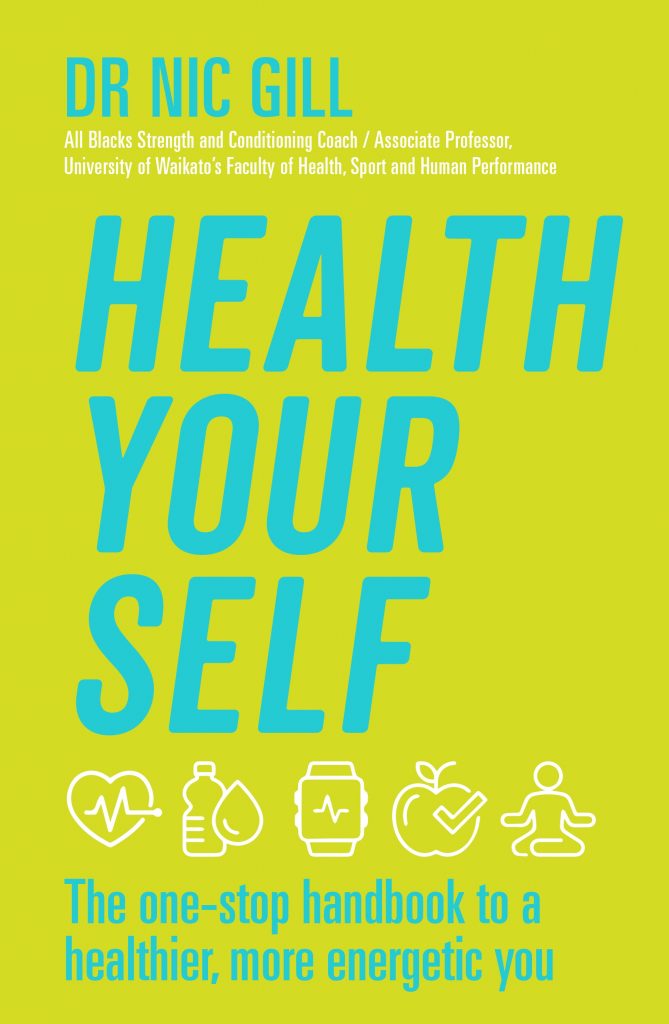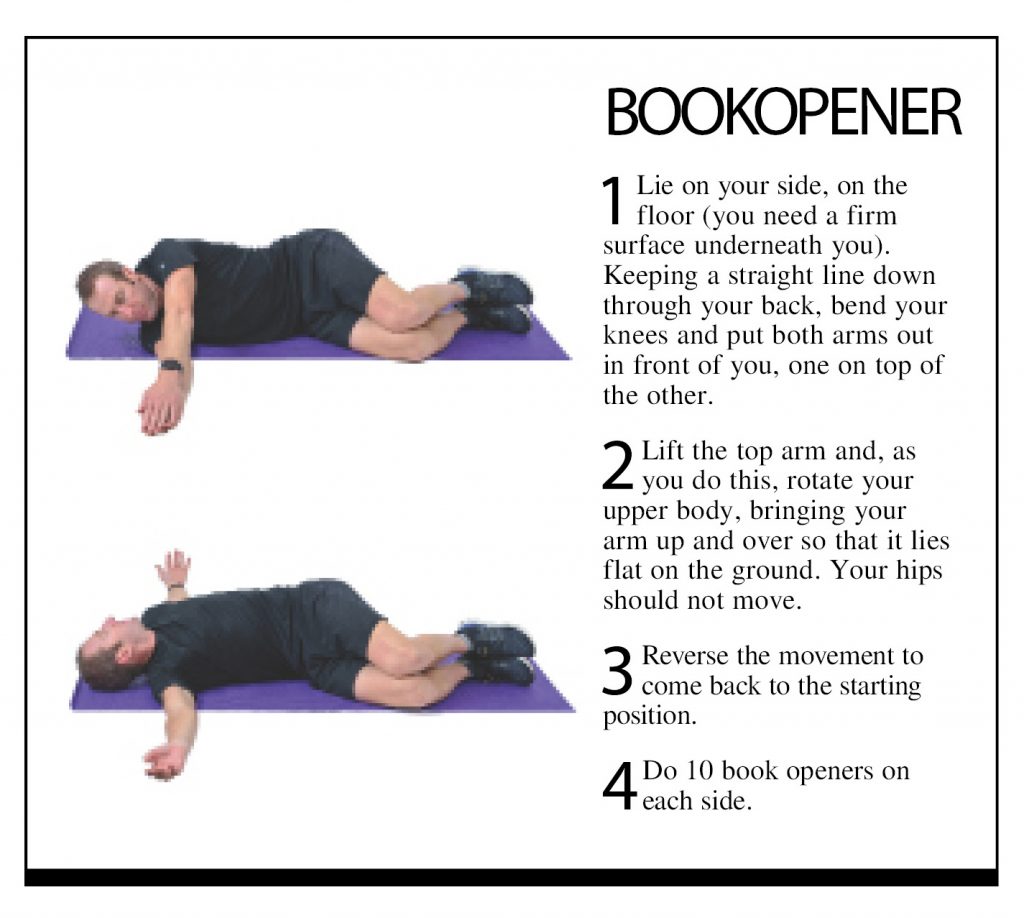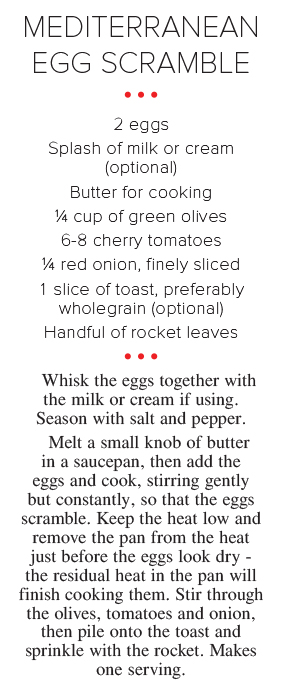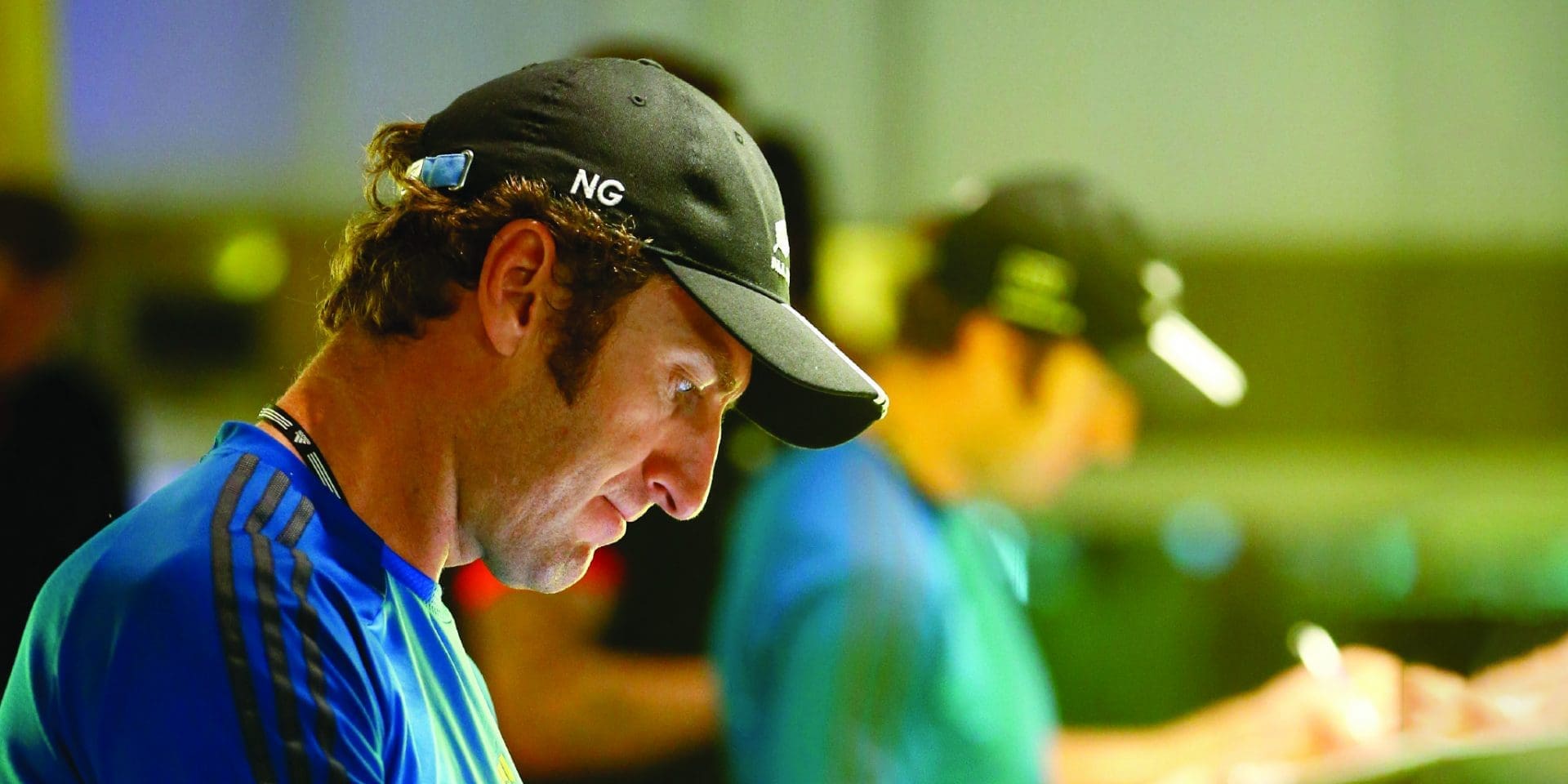Train Like An All Black
Ever walked into a gym, or sat with your friends who know all there is to know about how to burn carbs and been baraged with a flurry of conflicting information? That’s what Dr Nic Gill is here to clear up. As the All Blacks’ strength and conditioning coach for the last 11 years, Dr Nic Gill has probably got a longer career as part of the team than any of the current players.
When he’s not helping the boys turn into moving mountains of muscle, Nic continues to study and research many areas of human performance at the University of Waikato, keeping himself at the top of his game.
M2 sat down with Nic and discussed flash in the pan trendy diets, NZ’s obesity crisis, and what we can get out of his new book “Health Your Self”.
How do you start your day?
Depends on the day. If I’m away from home, I’d get up and do some exercise and have some breakfast. If I’m at home, I get up and help my daughters get ready for school. I’ll squeeze some exercise in there after they’ve gone to school. I try to get my exercise in at the beginning of the day because it’s hard to squeeze in at the end of the day.
What made you want to get into strength and conditioning as a career?
That’s a long story. I love sport and when I was younger I thought I’d be a policeman and the more I thought about that, the more I didn’t think it was the right thing for me. I like sports, I like learning about the body and something inside me wanted to be able to help people. I originally just wanted to go along to the Olympics as a coach and then rugby came along. It was never really an aspiration at the start but I like helping people and I like learning about the body.
You work with the All Blacks and previously Hamish Bond and Eric Murray and the New Zealand cycling team, what have you learnt from working in those environments?
A lot of people in high performance sport will search for the silver bullet or the miracle cure that’s going to make you better than the next person. The common thread amongst all the groups that I’ve worked with is that the most important thing is hard work and doing the basics really, really well.
So it’s no different to life. Hard work can’t be outdone by some miracle cure that’s going to solve all of your problems and make you the best in the world. Doing the majority of things really, really well and looking for the odd thing to get you that little bit of extra benefit. But really it’s the basics done well.
Do you think that a lot of people know that in that environment?
I think the athletes generally know that there’s some pretty fundamental things that they’ve got to sort out. It’s your physical condition, it’s your nutrition, getting everything right and then worrying about all the little bits and pieces. I think generally athletes know that, at least the ones that make it, know that.
The ones that are trying to make it might be searching for the easy way and it’s not easy. So the similarities between general health and high performance is that it is about doing all the important, simple things really, really well.
So there is a lot of different types of athletes, which ones are best to work with in terms of being more receptive to what you have to say? And which ones are a bit harder to get on to your level?
It’s a good question because if you think about an athlete that meets me for the first time and I’m meant to be helping them to be the best they can be, the hardest thing for them is to be able to trust me because they are putting their career in my hands. So once there is some form of relationship or trust, then it is easier for us to work together.
And that doesn’t always happen straight away. For some athletes, they have their way and have got to a certain level without me and then all of a sudden they’ve been asked to work with me and we have to figure that out. I have to learn about them as an athlete and a person and they have to trust me and trust what I am asking them to do.

What can a normal person can learn from professional athletes?
The thing that applies across professional athletes and the rest of the population is that the nutrition and activity balance is crucial. So what you put in your mouth is going to dictate how you perform or how you feel.
So if you eat poorly, you’ll typically feel average; if you eat really well, you’ll typically feel good. If you do no exercise, you’ll probably feel average; if you do a little bit, you’ll feel a lot better. Smart training or smart exercise routines and good quality nutrition are two fundamentals that apply to everyone.
New Zealand has had some bad rankings in obesity stats. Why do you think New Zealanders are so bad with their health routines?
We’re the third most obese country in the world. I think if we were to look across the spectrum of the population, we’ve got an ageing population, we have various cultures within the country where food and nutrition is really important and a lot of socialising and mingling and interaction occurs around food. So it’s probably no different to other cultures around the world but we tend to eat fast, we tend to eat too much and we tend to not be as active.
There’s lots of other reasons but America is top of that list and we are third. There’s no reasons why you can’t eat well and be healthy in America, just like there’s no reasons why you can’t eat well and be healthy in New Zealand. It’s interesting because there are some countries that have very little daylight and freezing cold temperatures and they don’t have an obesity problem like we’ve do so we can’t blame it on the weather. It’s got to be our education, our cultures, our lifestyles and our activity and eating patterns.
What do you think is the biggest barrier for people to make that change and become healthier?
I think the biggest barrier is that it is really hard and they don’t want to give up things that they love. In my book, I’ve said that you don’t need to give up the things that you love, you just need to give up the things that you don’t need and you can still have the things you love. I love chocolate, I love red wine, so I give up rice and bread so I can have those things.
So I think the thing that people fear most is how difficult it might be or that they might not be allowed their lattes anymore. When in actual fact you can have all of that stuff, you just have to give up things that you may not need.
Exercise doesn’t need to hurt. People think exercise has to hurt, it doesn’t need to hurt, it should be fun. If you’re scared about exercise hurting and you’re not having fun, then try looking at it from a different perspective and that exercise should be enjoyable and it can be social.
It could be just a catch up with mates. It could be during work hours with colleagues and instead of sitting around a table during a meeting, you could be walking and having your meeting. So exercise doesn’t have to be painful and sore, it should be enjoyable.
What are your thoughts on those trends and people adopting them?
I eat some sort of combination of all of the above because I think that people’s nutrition can’t be locked in, it will never remain locked in. Most of us will go through periods, especially seasonally, where we may eat differently in winter to how we do in summer. We do change what we eat and what we crave and what the weather allows us to cook because things grow at different times of the year.
So all I would say is that you need to try and find a way of eating that is sustainable for you 24/7, 12 months of the year. It doesn’t mean it can’t change a little bit but I couldn’t stick to paleo 24/7, 7 days a week, 12 months of the year but parts of my day are definitely paleo-influenced.
So I think it’s a matter of finding out what works for you, not sticking to one hard and fast and not changing things all of the time and following the next fad. We’re all different.
 What kind of people is your new book for?
What kind of people is your new book for?
The book is targeted for anyone who wants to look at being healthy. There’s lots of information out there that even I find hard to understand and see how it relates to me. So hopefully the book will help people who want to take a little bit of control themselves and learn a little bit more.
I think the biggest thing lacking from Kiwi’s about health is knowledge so hopefully the book provides some people with some new knowledge that is accurate and not based on trends or fads. They can gain new knowledge themselves rather than be influenced by marketing that we see in the supermarkets or on TV.
It could an 18 year old guy or it could be a 60 year old grandma, so anyone can pick it up and learn a bit. You can open up any page in the book and find something interesting. So hopefully there’s lots of little takeaways that can help you put together a healthy plan that is sustainable.
How important is striking the right balance and getting things right in terms of the overall picture of health?
I think they’re all related somehow. If the mind is happy and we feel like we’ve got energy and the body is not fraile or not stiff or sore and we’re getting enough sleep and all those things are in the right place, we’ll make better food choices and we’ll be healthier. Everyday we’ll feel like we get the most out of it and not get tired or exhausted and grumpy or moody.
So I think they’re all heavily related. I made a comment before that exercise and food should make you feel better and they should make you feel happier so that’s why you can’t not have the food that makes you feel good. You’ve got to figure out how you can keep having that without all the other crap. So the mind and the body and all those things are vitally connected.
What kinds of difference will those things have on a person, other than just losing a few pounds?
I think healthier people are happier people. And when I say healthy, I don’t mean skinny. Healthy means a balance of energy where you feel like you can do everything you want to do with a smile on your face. Being healthy gives people confidence, it reduces illness, it reduces disease, it prolongs life.
And who doesn’t want to be around for longer? We don’t want to be around for a long time and be miserable. So we’ve got to figure out a balance in our lifestyle where we are happy and loving it and live a long time. So there is a fine balance between how much exercise we do or don’t do, what the quality of nutrition is that we have, what is the quality of rest and downtime we have and how often we laugh and smile. So we need to get that right and balanced is the key.
There is no recipe for any one person because everyone is different. You’re the only one who can really understand how you tick so I think we all have to experiment to a degree and figure out what makes us happy and healthy.
 Speaking of healthy and happy, what is your favourite form of exercise?
Speaking of healthy and happy, what is your favourite form of exercise?
When I’m fit, I love having running adventures. Running through the bush from point A to point B. Running from Bethell’s to Muriwai with a group of mates is cool; it’s an adventure, it’s a challenge. I love stuff like that. I love riding my bike as well.
I like any sort of exercise that makes me feel great when I finish. I don’t want to feel broken when I’ve finished, I want to feel amazing. Most exercise can give me that and some of it for different reasons. I like the adventure side of being outside, doing some activity and seeing things that most people wouldn’t see from their car. That’s what I like, exploring.
What’s your cheat meal? You mentioned chocolate and red wine before.
That’s not a cheat meal because I have wine and chocolate often. I’m a bit weird, anything I can eat with my hands I love. Kebabs, hamburgers, anything I can eat with my hands and make a bit of a mess for myself. Chocolate and wine, they are just a regular thing, they aren’t a cheat.
What do you think the best part of your job is?
Helping people. You probably get more enjoyment from helping someone go off cholesterol medication, reducing diabetes symptoms, and going off blood pressure tablets. You get more enjoyment off changing someone’s life than helping an athlete jump a little bit higher or run a little bit faster.
It’s more rewarding thinking that you can help someone lead a healthier life for a longer period of time and be happier with it. Just helping people is the thing that helps me get out of bed in the morning.
What is the best advice you have for someone who wants to get healthy?
If you want it to be long lasting, then really ask yourself why you want to get healthy. Because if you don’t really have a ‘why?’ then you’re not really going to stick to it. I think why I want to be healthy is so that when my daughters have children, I’m around to be the best grandad ever. I want to be the best dad ever and when my kids have left home, I want to be the best grandad ever.
I want to be fit and healthy and be able to run around with them and take them to sport and get involved in their life and teach them how to go fishing and all that sort of stuff. My main motivation is to be here for a long time and be healthy and so the family are what makes me do what I do. If I’m not fit, then I’m normally unhappy and if I’m not happy then I’m a poor dad or husband. I think everyone needs to find their ‘why?’

